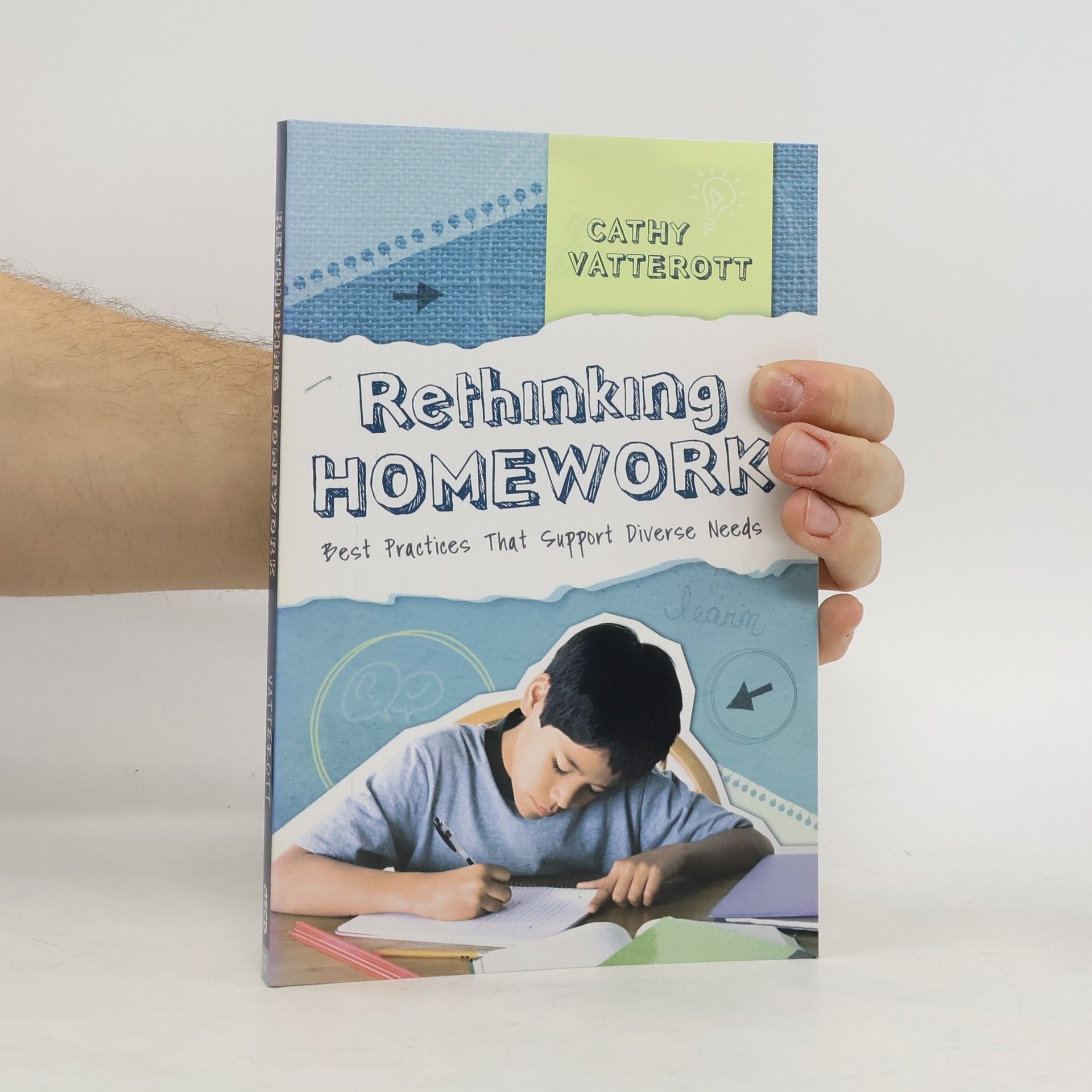Is homework an essential component of rigorous schooling or a harmful practice that alienates and discourages a significant number of students? The debate over homework has gone on for decades, but schools and families have changed in many ways, and, as author Cathy Vatterott notes, "There's a growing suspicion that something is wrong with homework."Rethinking Best Practices That Support Diverse Needs examines the role homework has played in the culture of schooling over the years; how such factors as family life, the media, and the "balance movement" have affected the homework controversy; and what research--and educators' common sense--tells us about the effects of homework on student learning.The best way to address the pro- and anti-homework controversy is not to eliminate homework. Instead, the author urges educators to replace the "old paradigm" (characterized by longstanding cultural beliefs, moralistic views, the puritan work ethic, and behaviorist philosophy) with a "new paradigm" based on the following * Designing quality homework tasks;* Differentiating homework tasks;* Deemphasizing grading of homework;* Improving homework completion; and* Implementing homework strategies and support programs.Numerous examples from teachers and schools that have revised their practices and policies for homework illustrate the new paradigm in action. The end product is homework that works--for all students, at all levels.
Cathy Vatterott Livres
